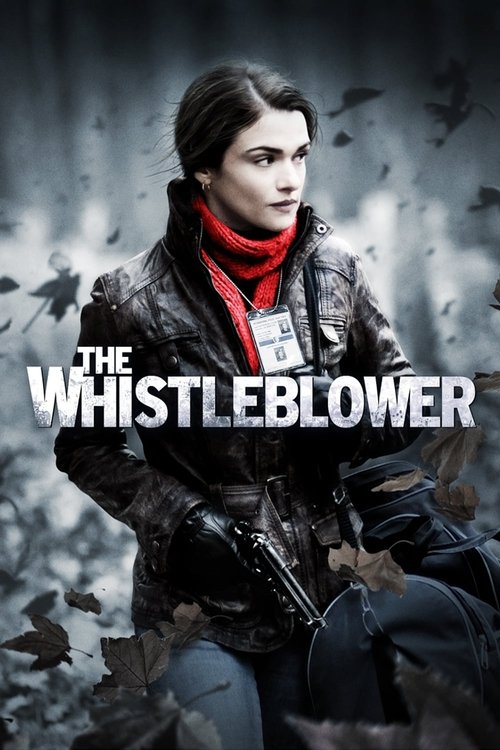
Title: The Whistleblower
Year: 2010
Director: Larysa Kondracki
Writer: Eilis Kirwan
Cast: Rachel Weisz (Kathryn Bolkovac), Vanessa Redgrave (Madeleine Rees), Monica Bellucci (Laura Leviani), David Strathairn (Peter Ward), Nikolaj Lie Kaas (Jan Van Der Velde),
Runtime: 112 min.
Synopsis: Nebraska cop Kathryn Bolkovac discovers a deadly sex trafficking ring while serving as a U.N. peacekeeper in post-war Bosnia. Risking her own life to save the lives of others, she uncovers an international conspiracy that is determined to stop her, no matter the cost.
Rating: 6.74/10